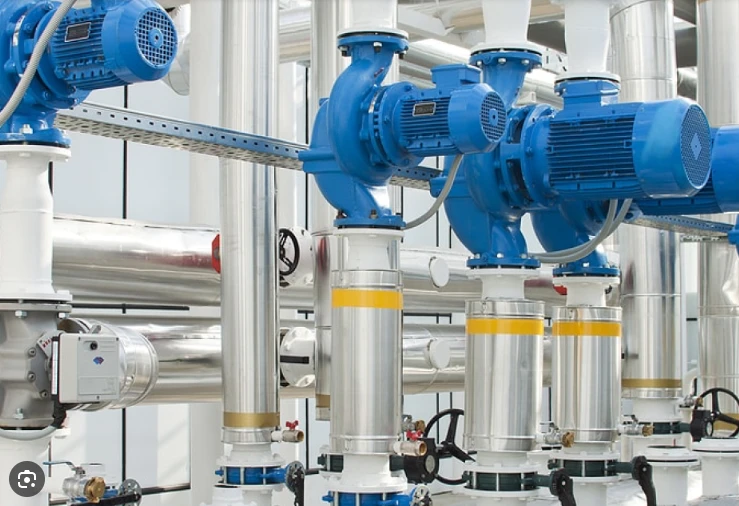Albanian
- Afrikaans
- Albanian
- Amharic
- Arabic
- Armenian
- Azerbaijani
- Basque
- Belarusian
- Bengali
- Bosnian
- Bulgarian
- Catalan
- Cebuano
- Corsican
- Croatian
- Czech
- Danish
- Dutch
- English
- Esperanto
- Estonian
- Finnish
- French
- Frisian
- Galician
- Georgian
- German
- Greek
- Gujarati
- Haitian Creole
- hausa
- hawaiian
- Hebrew
- Hindi
- Miao
- Hungarian
- Icelandic
- igbo
- Indonesian
- irish
- Italian
- Japanese
- Javanese
- Kannada
- kazakh
- Khmer
- Rwandese
- Korean
- Kurdish
- Kyrgyz
- Lao
- Latin
- Latvian
- Lithuanian
- Luxembourgish
- Macedonian
- Malgashi
- Malay
- Malayalam
- Maltese
- Maori
- Marathi
- Mongolian
- Myanmar
- Nepali
- Norwegian
- Norwegian
- Occitan
- Pashto
- Persian
- Polish
- Portuguese
- Punjabi
- Romanian
- Russian
- Samoan
- Scottish Gaelic
- Serbian
- Sesotho
- Shona
- Sindhi
- Sinhala
- Slovak
- Slovenian
- Somali
- Spanish
- Sundanese
- Swahili
- Swedish
- Tagalog
- Tajik
- Tamil
- Tatar
- Telugu
- Thai
- Turkish
- Turkmen
- Ukrainian
- Urdu
- Uighur
- Uzbek
- Vietnamese
- Welsh
- Bantu
- Yiddish
- Yoruba
- Zulu
Telephone: +86 13120555503
Email: frank@cypump.com
Nën . 25, 2024 22:17 Back to list
Understanding the Functionality and Applications of Sewer Injection Pumps in Wastewater Management
Understanding Sewer Injection Pumps
Sewer injection pumps play a crucial role in managing wastewater and protecting public health and the environment. As infrastructure for handling stormwater and sewage continues to evolve, the importance of these pumps cannot be overstated.
Sewer injection pumps, also known as sewage pumps or effluent pumps, are specially designed to move wastewater and sewage from lower elevations to higher elevations or to treatment facilities. These pumps help ensure that waste doesn't accumulate in basements, sewer backs up into homes, or untreated sewage contaminates the environment.
One of the primary functions of sewer injection pumps is to handle the transport of wastewater from residential, commercial, and industrial locations. In many areas, gravity alone cannot move sewage due to the low gradient of sewage pipes or the elevation of treatment plants. This is where sewer injection pumps become essential. They are engineered to function efficiently in harsh environments, capable of handling solids and other debris that may be found in sewage.
There are various types of sewer injection pumps, including submersible pumps and centrifugal pumps. Submersible pumps, as the name suggests, are designed to be submerged in the sewage they are pumping. They are typically more efficient in terms of space and are protected from the elements. On the other hand, centrifugal pumps are often used in applications where the sewage has to be transported over long distances or where high pressure is needed.
sewer injection pump

When selecting a sewer injection pump, several factors must be taken into consideration. The flow rate, horsepower, and head height are crucial specifications to evaluate in order to ensure the pump meets the needs of the specific application. Additionally, the type of solids in the sewage and the overall layout of the piping system can influence the choice of pump.
Proper maintenance of sewer injection pumps is vital to ensure their longevity and efficiency. Regular inspections can identify wear and potential failures before they escalate into significant problems. Keeping the pump's intake and discharge areas clean and free of obstructions can greatly extend its lifespan.
Environmental considerations are also critical when dealing with sewer injection pumps. The discharge from these pumps needs to be managed carefully to prevent contamination of local waterways. Many modern systems are now equipped with advanced technology that includes filters and monitoring devices to ensure compliance with environmental regulations.
In summary, sewer injection pumps are integral to wastewater management systems, enabling the efficient transport of sewage and protecting public health. Understanding their operation, maintenance, and environmental implications is essential for anyone involved in plumbing, construction, or municipal wastewater management. As urban areas continue to grow, the role of sewer injection pumps will only become more significant in maintaining clean and safe communities.
-
Horizontal Split Case Pump with GPT-4 Turbo | High Efficiency
NewsAug.01,2025
-
ISG Series Pipeline Pump - Chi Yuan Pumps | High Efficiency, Durable Design
NewsAug.01,2025
-
Advanced Flue Gas Desulfurization Pump with GPT-4 Turbo | Durable & Efficient
NewsJul.31,2025
-
ISG Series Vertical Pipeline Pump - Chi Yuan Pumps | Advanced Hydraulic Design&Durable Construction
NewsJul.31,2025
-
ISG Series Vertical Pipeline Pump - Chi Yuan Pumps | Energy Efficient & Low Noise
NewsJul.31,2025
-
pipeline pump - Chi Yuan Pumps Co., LTD.|High Efficiency&Low Noise
NewsJul.31,2025










